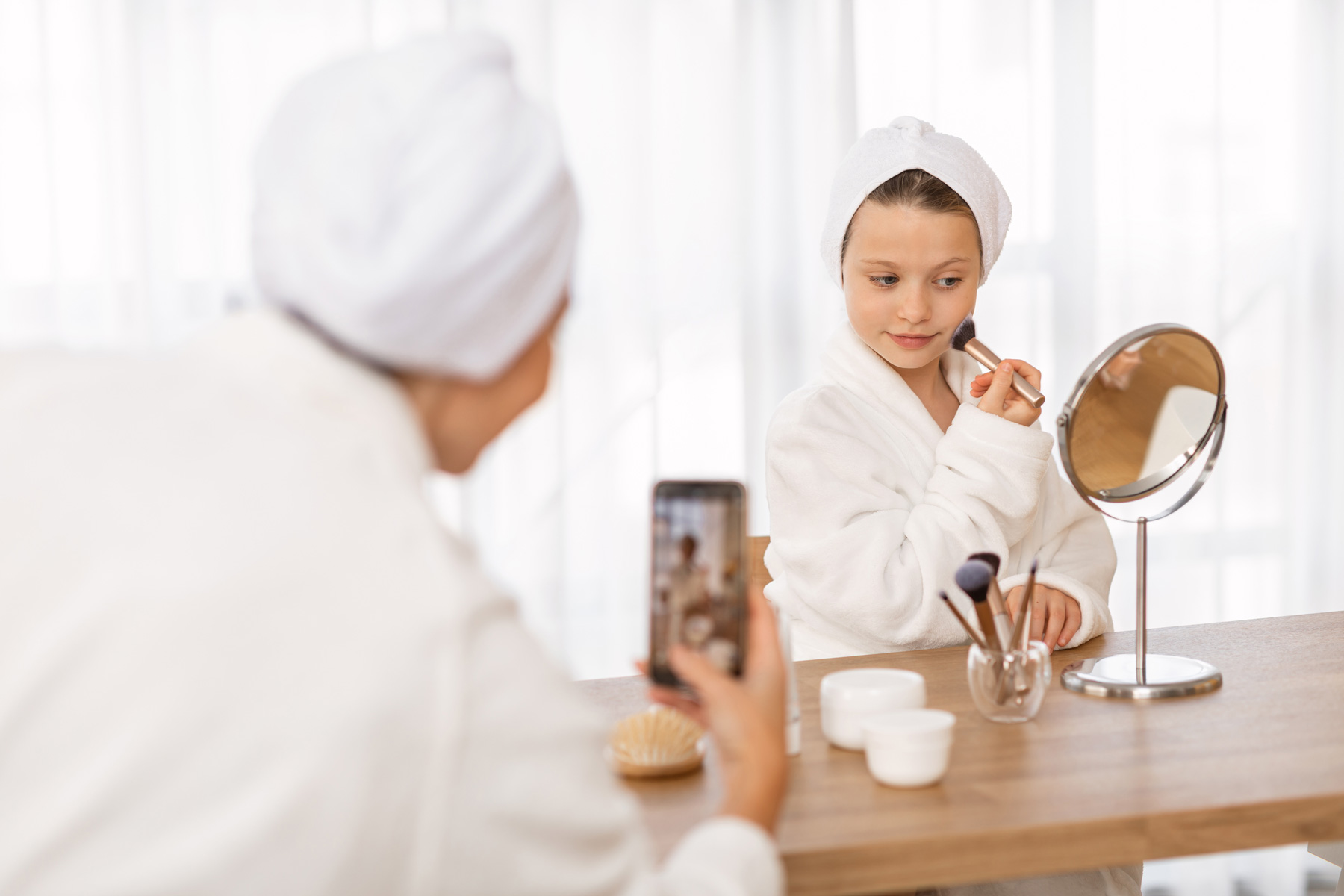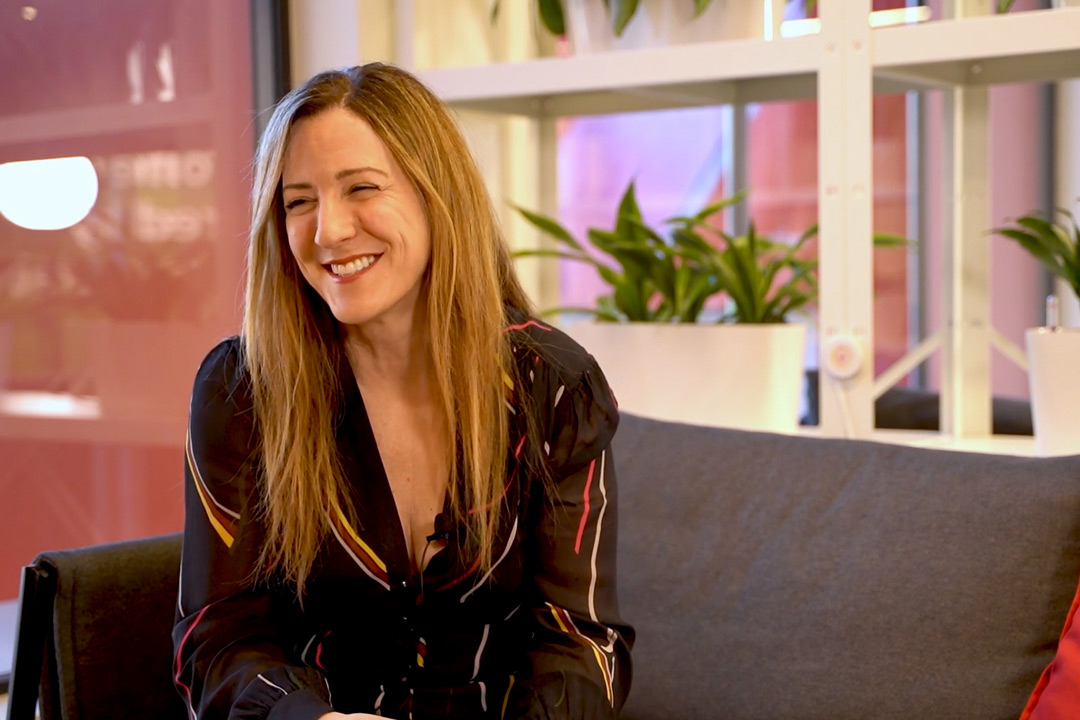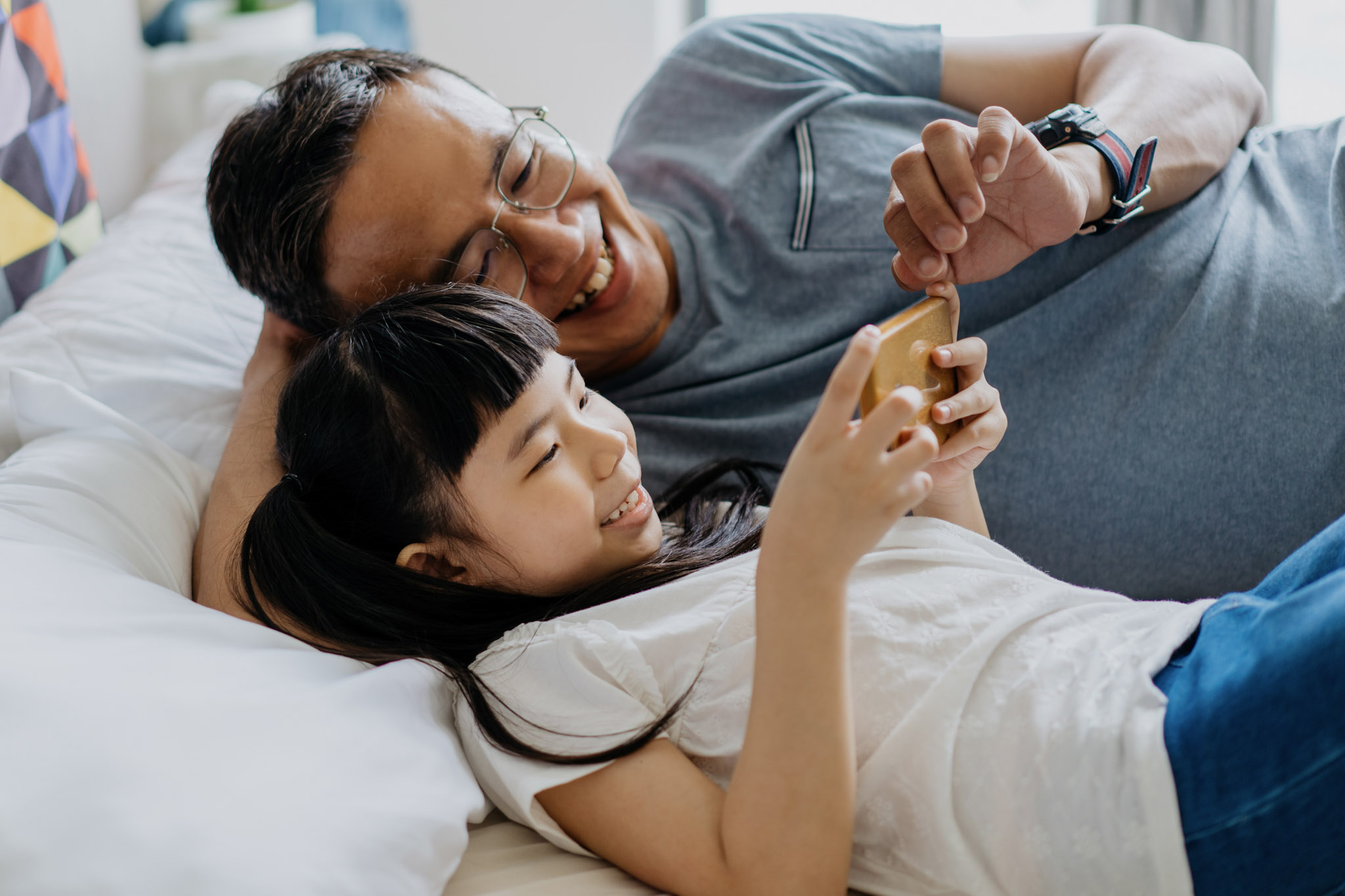Parents in France may soon be banned from sharing images of their children on social media. But does 'sharenting' really violate a child’s rights? What do you think?
French children have already won the culture wars. They don’t throw food. They eat real meals – even snails and oysters! They wear chic and tidy pinafores. Soon, French parents might assume a global air of superiority, too. Because an anti-sharing bill is currently being debated in the country’s Senate. If passed, it will be a world first.
The legislation aims to protect children’s rights to their own images. It would make protecting that privacy the legal duty of parents, who would be jointly responsible for their offspring’s image rights and must “involve the child …according to his or her age and degree of maturity.”
Parents deemed to have overstepped the bounds of their children’s privacy rights – sharing material that could be seen as insensitive or inappropriate, or oversharing for financial gain – could be punished, and even have their rights to share images of their child removed “if the dissemination of the child’s image by both parents seriously affects the child’s dignity or moral integrity,” according to the proposal.
“The message to parents is that their job is to protect their children’s privacy,” Bruno Studer, the French politician who put the bill forward, said in an interview. “On average, children have 1,300 photos of themselves circulating on social media platforms before the age of 13, before they are even allowed to have an account.”
Sharenting: How sharing too much online could put your kids in danger
Oversharing can have unintended consequences, but avoiding such grief needn’t be a family drama. Here's what you need to know.
Half of the pictures shared by child sexual abusers are initially posted by parents on social media, according to reports by the National Center for Missing and Exploited Children, referenced in the bill.
So have the French got it right, again? We ask the parents.
‘The UK needs a law like this French proposal’
Charlotte, 38, mother of two (boy, 12; girl, 9), lives in Norfolk
“I stopped sharing photos of my kids on social media a few years ago. One day, I was looking through my Instagram account, and I just realised that all the photos were of them. My face wasn’t anywhere. I just felt queasy.
“When the children were really small it seemed okay, but as they got older it started to occur to me that their friends might see these photos, that images I thought were sweet or funny could be used in a different light in the school playground. They might be teased or even bullied because of them.
“I knew it was unlikely, I never shared anything that mocked or exposed them, but increasingly, it didn’t seem like my choice to make. They should be the ones deciding how they’re portrayed online, what’s okay to share and what’s not.
“It’s hard being a parent in the modern world. Technology is changing so quickly, sometimes you don’t feel you have time to properly consider your actions online – whether that’s what you allow the kids to do, or what you do yourself.
“I’d be really grateful if the UK adopted legislation like this French bill. It would take the pressure and responsibility off me, and introduce some clearer rules to follow.”
‘We need parental controls to protect our kids, but we also need to talk’
As Vodafone UK launches Digital Parenting Pro, a content controls hub for parents and carers, Nicki Lyons, Chief Corporate Affairs & Sustainability Officer, reflects on how resources like this can protect kids from unsuitable content and help families have more informed conversations around online safety.
‘Parents should use their own discretion when posting’
Emily, 42, mother of two girls (4 and 6), lives in London.
“It’s wrong to tar all parents on social media with the same ‘sharenting’ brush. I post pics of my kids online because my family members live abroad, and it’s a quick way to keep everyone in the loop.
“You can describe the first time the baby tries solid food over the phone or by email, but nothing is quite as close to the experience of really being there as watching a video. Plus, one of my kids was born with a condition that comes with real challenges, for her and for our family. Social media has been a real lifeline for us.
“Posting about our experiences, and hashtagging them has connected us to a community we would never have had otherwise. People who experience similar challenges, who can sympathise, offer tips and support and sometimes just laugh with us.”
And what do the experts think?
As Harvard law lecturer Leah Plunkett points out in her book Sharenthood, social media is just part of the problem. Children’s digital footprints are laid down before they are even born. Parents track their fertility, conception and contractions on apps. As newborns lie in cribs, smart baby monitors relay information to even more apps.
Nor are parents the only ones making questionable decisions about their children’s personal information. At school, cafeteria cards collect their data. At the doctor’s office, electronic health records contribute towards their ‘digital dossier’. Much of this is done unintentionally.
Yet, she asks: “How can our kids and teens discover who they are when we adults are tracking them, analysing them, and attempting to decide for them – based on the data we gather – who they are and should become?”
Social media on trial: Who's protecting our kids?
The Channel 4 drama I Am Ruth, starring Kate Winslet and her daughter Mia Threapleton, shone a light on the damage to teenagers' mental health an obsession with social media can wreak. We explore what more social media companies - and Government - should be doing to protect our children.
Ms Plunkett argues that the privacy choices made by parents need to be examined more closely. But so too, she suggests, do those made by other adults and organisations we trust with children’s data: “These everyday decisions play an underappreciated yet outsized role in determining youths’ digital dossier, as well as their life prospects in childhood, adolescence, and adulthood.”
Above all, she argues, “we should ask the children in our lives what they think we should do…. the sharing we most need to do is with our children, not about them.”
So perhaps that is the clearest takeaway: have the conversation with your child. Ask them what they think. You may be surprised.
Stay up-to-date with the very latest news from Vodafone by following us on Twitter and signing up for News Centre website notifications.

![Young woman waiting for job interview indoors [Adobe Stock] stock image of a young woman waiting for job interview indoors](https://www.vodafone.co.uk/newscentre/app/uploads/2024/06/2-Young-woman-waiting-for-job-interview-indoorsAdobe-Stock.jpg)

![black and white photo of a girl's face with smoke [Adobe Stock] an AI-generated stock image of a girl's face partially covered in smoke](https://www.vodafone.co.uk/newscentre/app/uploads/2024/05/black-and-white-photo-of-a-girls-face-with-smoke-Adobe-Stock.jpg)

![girl smiling confident voting at electoral college [Adobe Stock] stock photo of a girl smiling while confidently voting at a mock election](https://www.vodafone.co.uk/newscentre/app/uploads/2024/05/girl-smiling-confident-voting-at-electoral-college-Adobe-Stock.jpg)



![Portrait of school age boy sitting at kitchen table do not want to eat[Adobe Stock] stock photo of a young boy sitting at a kitchen table, refusing to eat the food in front of him](https://www.vodafone.co.uk/newscentre/app/uploads/2024/03/Portrait-of-school-age-boy-sitting-at-kitchen-table-do-not-want-to-eatAdobe-Stock.jpg)